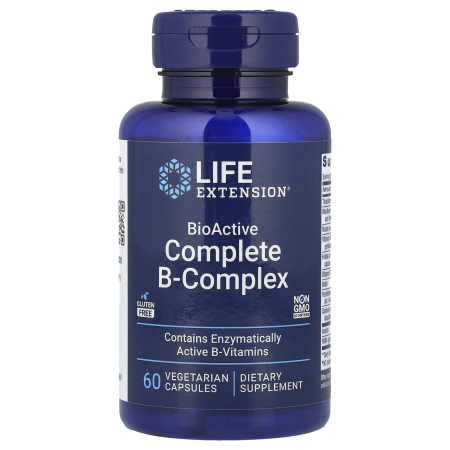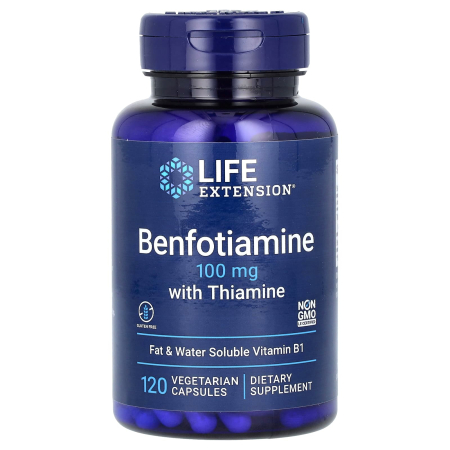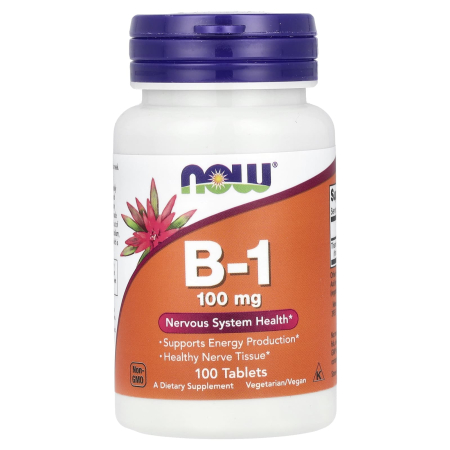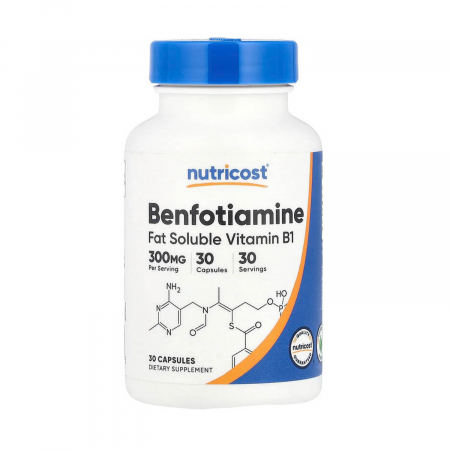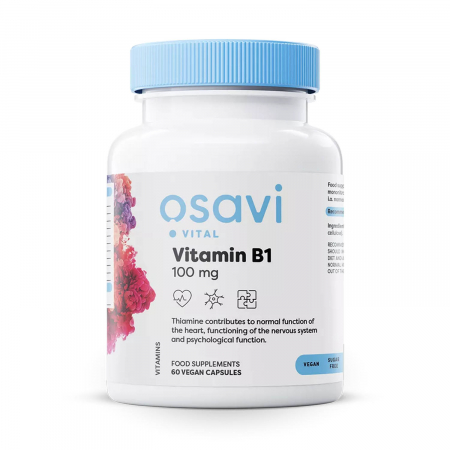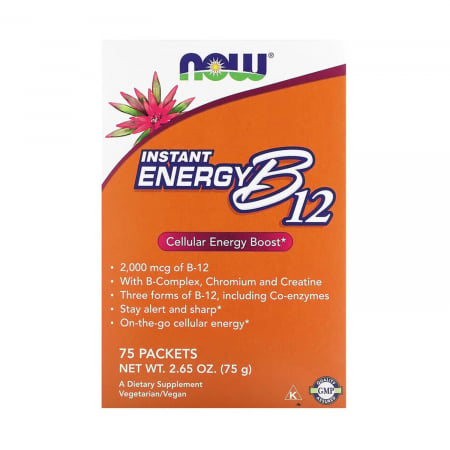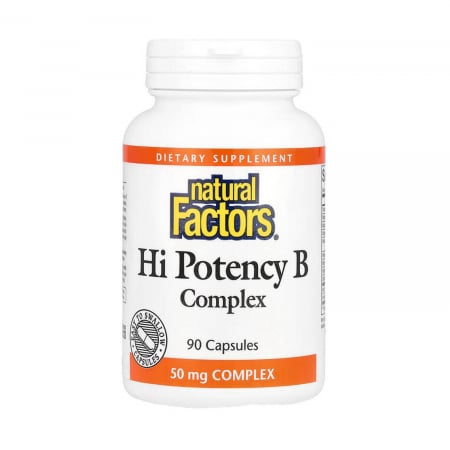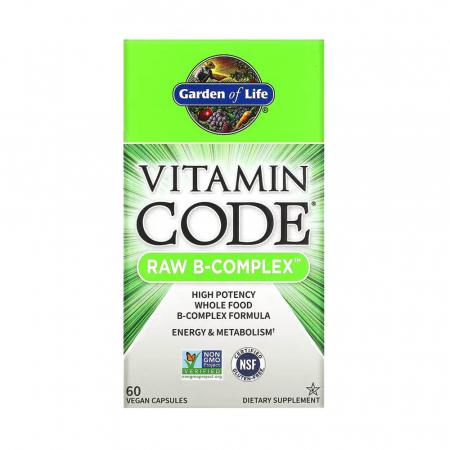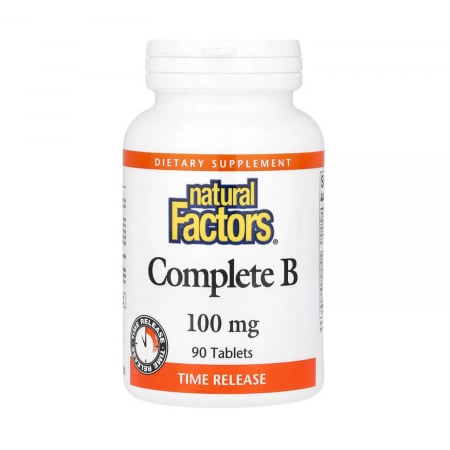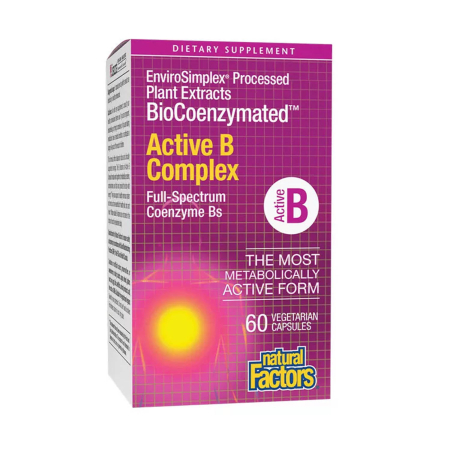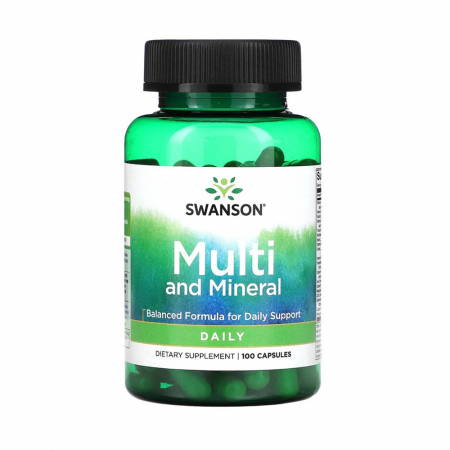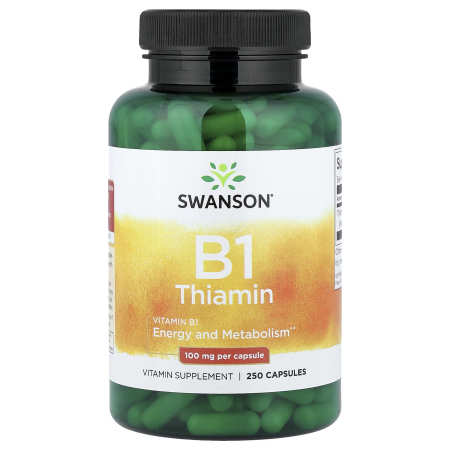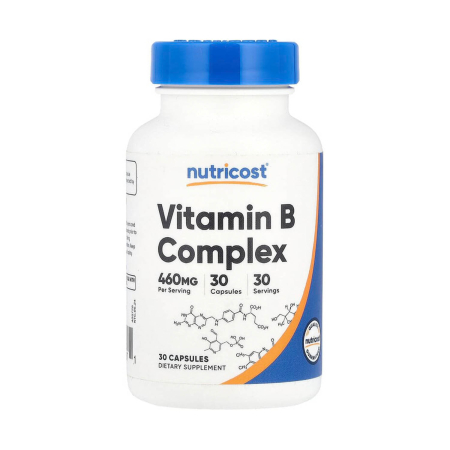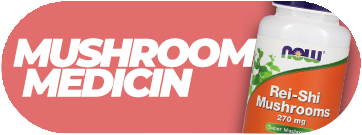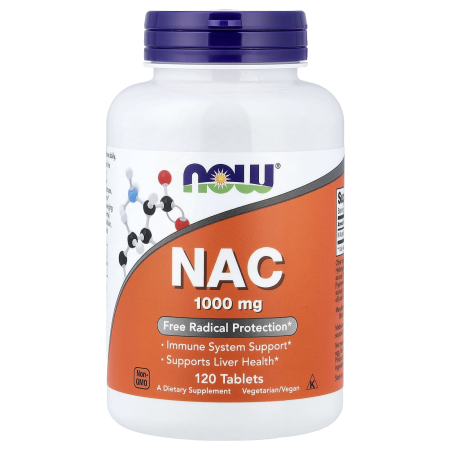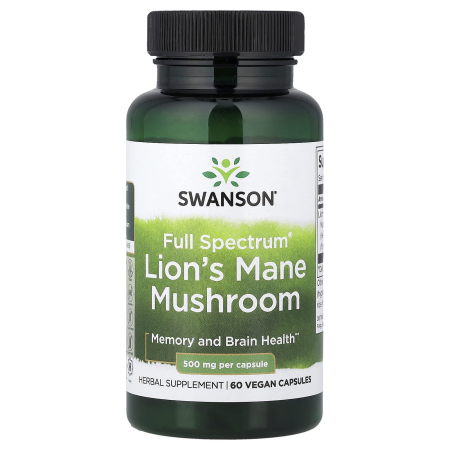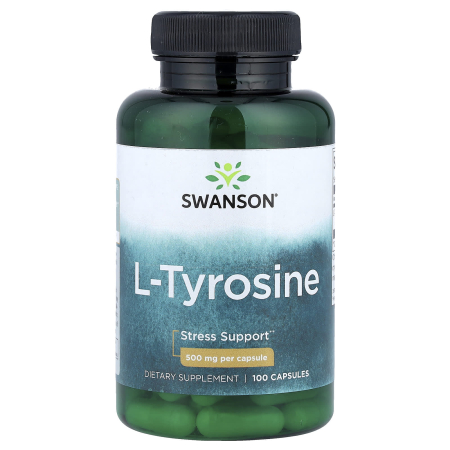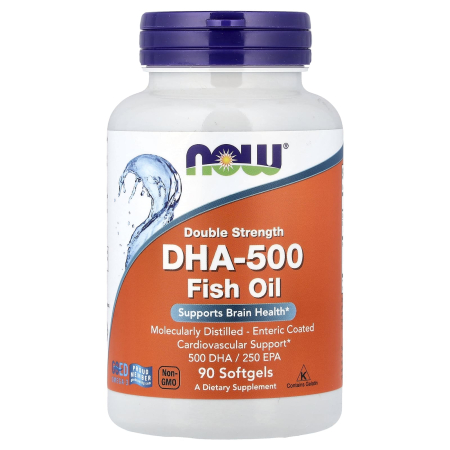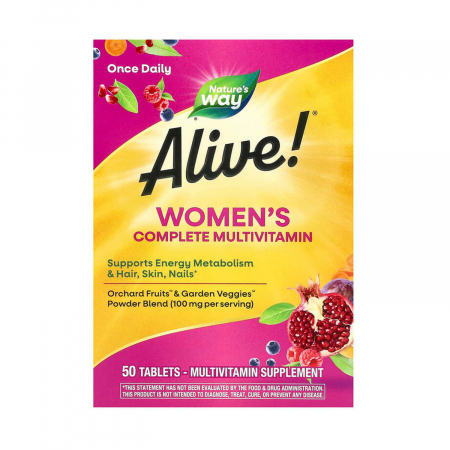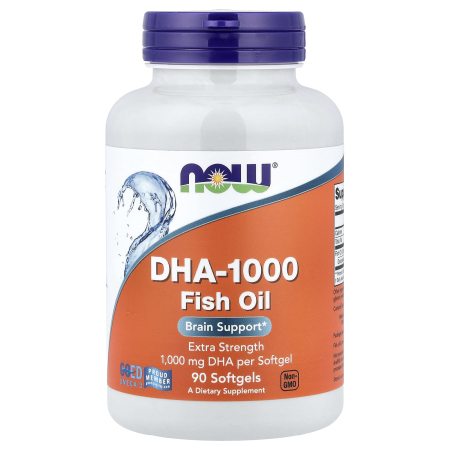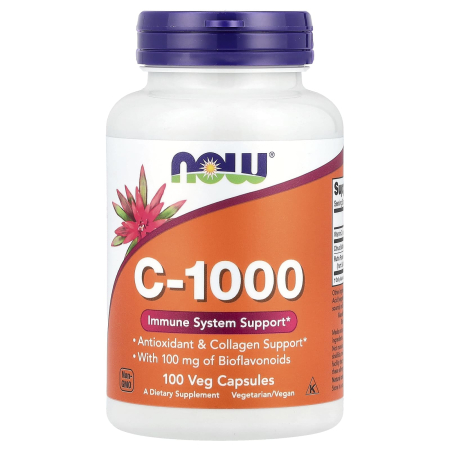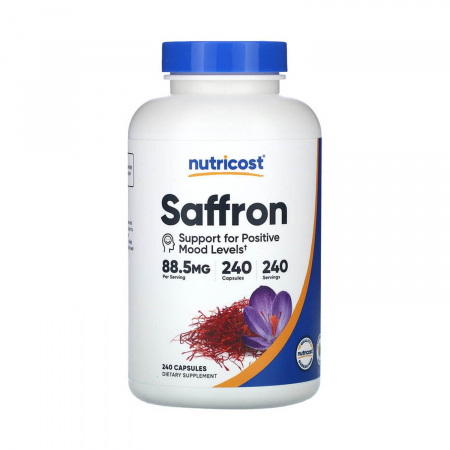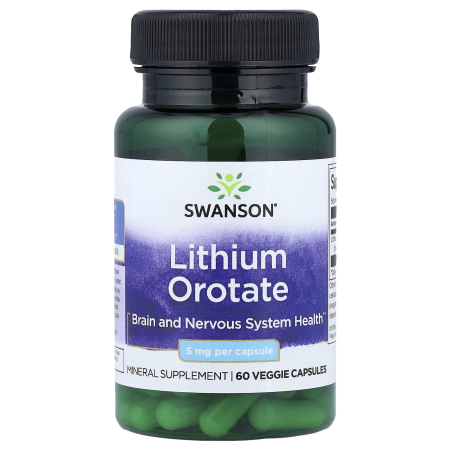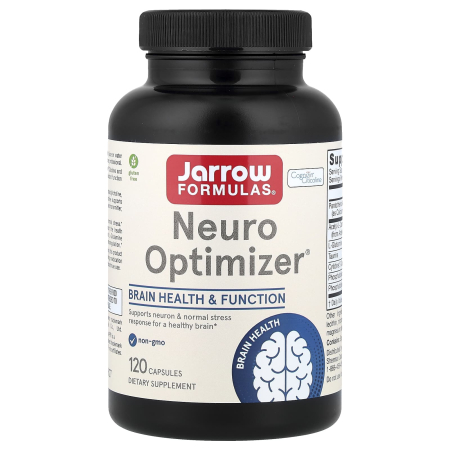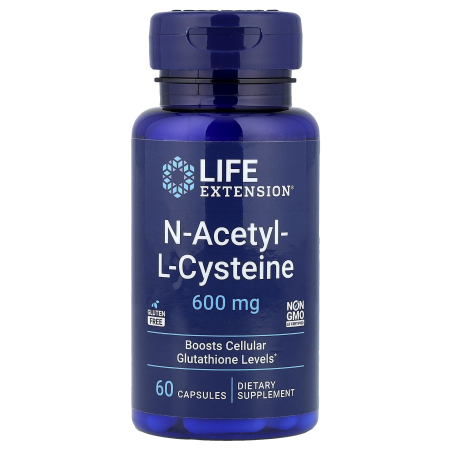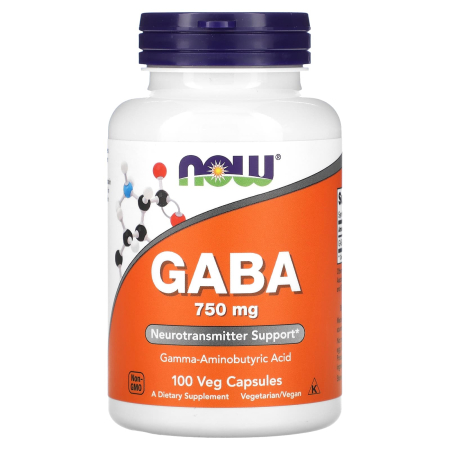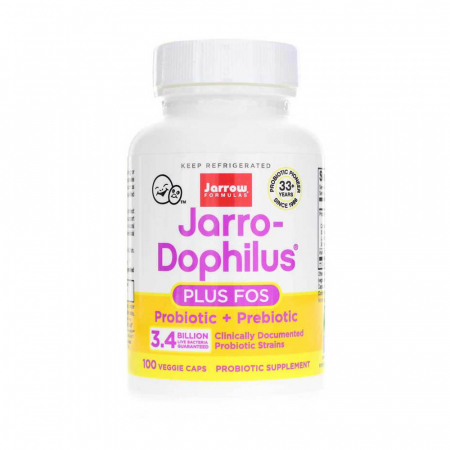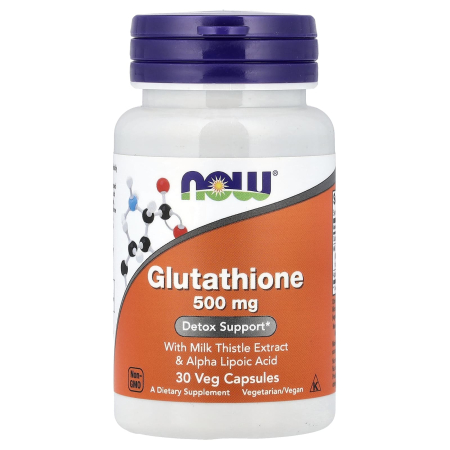Thiamine (Vitamin B1)
Display: 1-24 from 24 products
Filters
Life Extension
145,82 RON
from 104,99 RON
Benfotiamine with Thiamine, 100mg, Life Extension, 120 capsule
Nature's Way
159,71 RON
114,99 RON
B-Stress Formula, Premium Blend, , Nature's Way, 100 Vegan Capsules
Natural Factors
161,52 RON
104,99 RON
BioCoenzymated, Active B Complex, Natural Factors, 60 capsules
Thiamine, or vitamin B1, is an essential nutrient for health. Vitamin B1 is the first B vitamin that scientists have discovered, which is why it is noted with the number 1 (1). It is a water-soluble vitamin that is found naturally in some foods, but is also found in food supplements and multivitamins. In addition, thiamine plays an essential role in the development and function of some cells. We have small amounts of vitamin B1 stored in the liver, so for the body to function optimally we need a daily intake of foods rich in thiamine (1). In short, vitamin B1 enables the body to use carbohydrates for energy production. Vitamin B1 plays an essential role in glucose metabolism and also supports nerve, muscle and heart function (1).
Symptoms of vitamin B1 deficiency are mentioned in ancient Chinese medical texts, but these manifestations were not linked to diet until much later, in the late 19th century (3). Vitamin B1 is available in a variety of forms, as thiamine hydrochloride or thiamine mononitrate. In severe cases of deficiency, vitamin B1 can be administered intravenously.
In this article we explain the sources and role of vitamin B1 in the body, as well as the benefits that medical studies have shown so far. In addition, we tell you what to look out for when taking vitamin B1.
Vitamin B1 deficiency is rare in the developed world. Thiamine deficiency is rare in healthy adults, it is more common in adults who have medical conditions (4). There is a higher risk of vitamin B1 deficiency in certain groups of people:
Vitamin B1 deficiency may occur in people who have a low dietary intake of foods containing thiamine, or in whom absorption in the gut is not optimal (due to excess alcohol or medication) (3).
Conditions that can affect thiamine levels in the body are (4):
A deficiency of vitamin B1 frequently leads to (1):
Symptoms of vitamin B1 deficiency are mentioned in ancient Chinese medical texts, but these manifestations were not linked to diet until much later, in the late 19th century (3). Vitamin B1 is available in a variety of forms, as thiamine hydrochloride or thiamine mononitrate. In severe cases of deficiency, vitamin B1 can be administered intravenously.
In this article we explain the sources and role of vitamin B1 in the body, as well as the benefits that medical studies have shown so far. In addition, we tell you what to look out for when taking vitamin B1.
There are multiple proven benefits of vitamin B1:
- supports the functioning of the nervous system, muscles, heart, stomach, intestines (1).
- It is involved in the flow of electrolytes in nerve cells and muscle tissue (1).
- is recommended for people diagnosed with ulcerative colitis, persistent diarrhoea, poor appetite, and those suffering from peripheral nerve inflammation (1).
- is indicated for the treatment of a brain disorder that is caused by a reduced level of thiamine, Wernicke-Korsakoff syndrome. Vitamin B1 helps lower the risk and relieve the symptoms of the condition (3). Wernicke-Korsakoff syndrome is actually 2 conditions combined. Wernicke's disease involves nerve damage in the central and peripheral nervous system and is caused by malnutrition due to alcoholism. Korsakoff syndrome is characterised by memory problems and nerve damage. Vitamin B1 helps improve muscle coordination and relieve confusion, but can rarely improve memory loss (6).
- Athletes may receive vitamin B1 to improve their performance (1).
- in cases of dysmenorrhoea: vitamin B1 relieves menstrual cramps.
Vitamin B1 deficiency
Vitamin B1 deficiency is rare in the developed world. Thiamine deficiency is rare in healthy adults, it is more common in adults who have medical conditions (4). There is a higher risk of vitamin B1 deficiency in certain groups of people:
- people who abuse alcohol;
- the elderly;
- people with AIDS;
- people who have followed a diet low in thiamine;
- people who have used diuretics for long periods;
- dialysis patients;
- people diagnosed with medical conditions that affect the ability to absorb vitamins and minerals (6).
Symptoms of deficiency
Vitamin B1 deficiency may occur in people who have a low dietary intake of foods containing thiamine, or in whom absorption in the gut is not optimal (due to excess alcohol or medication) (3).
Conditions that can affect thiamine levels in the body are (4):
- alcoholism;
- Crohn's disease;
- anorexia.
Consequences of deficiency
A deficiency of vitamin B1 frequently leads to (1):
- the development of Beri-beri disease (affecting peripheral nerves): this is nerve damage (neuropathy). Beri-beri is considered a medical emergency and can lead to death within a few days if not treated (5). Symptoms of this condition are: tingling in the limbs, loss of sensation in the legs and fingers, muscle weakness, rapid pulse, difficulty waking up, coordination problems.
- weight loss: it is thought that thiamine may play a key role in regulating hunger, influencing cues that signify saturation in the brain. If there is not enough vitamin B1, this process is disrupted and feelings of satiety may occur even when they do not, resulting in weight loss (5).
- Fatigue: is related to the fact that thiamine is responsible for converting food into energy. If there is not enough thiamine in the body, fatigue sets in (5).
- paresthesia: tingling: vitamin B1 supports the function of the nerves that reach the arms and legs. When there is not enough vitamin B1, tingling occurs (5).
- Thiamine deficiency can affect mood, which can lead to irritability and even anxiety.
- blurred vision: because the optic nerve is affected. If optic nerve damage is left untreated, it can lead to vision loss (5).
- anorexia;
- memory loss;
- confusion, reduced awareness, inability to think clearly;
- muscle weakness;
- cardiovascular manifestations;
- low immunity;
- nausea, vomiting: are particularly noticeable in people suffering from encephalopathy (5).

